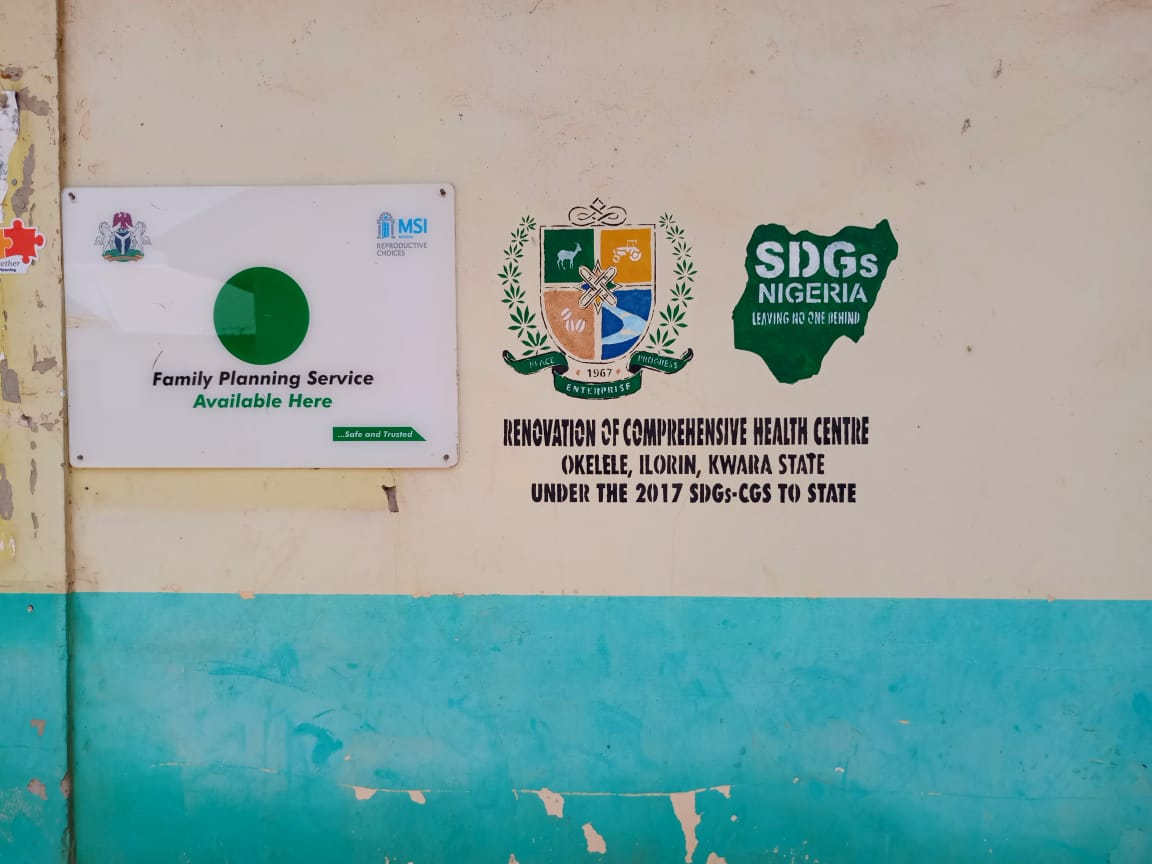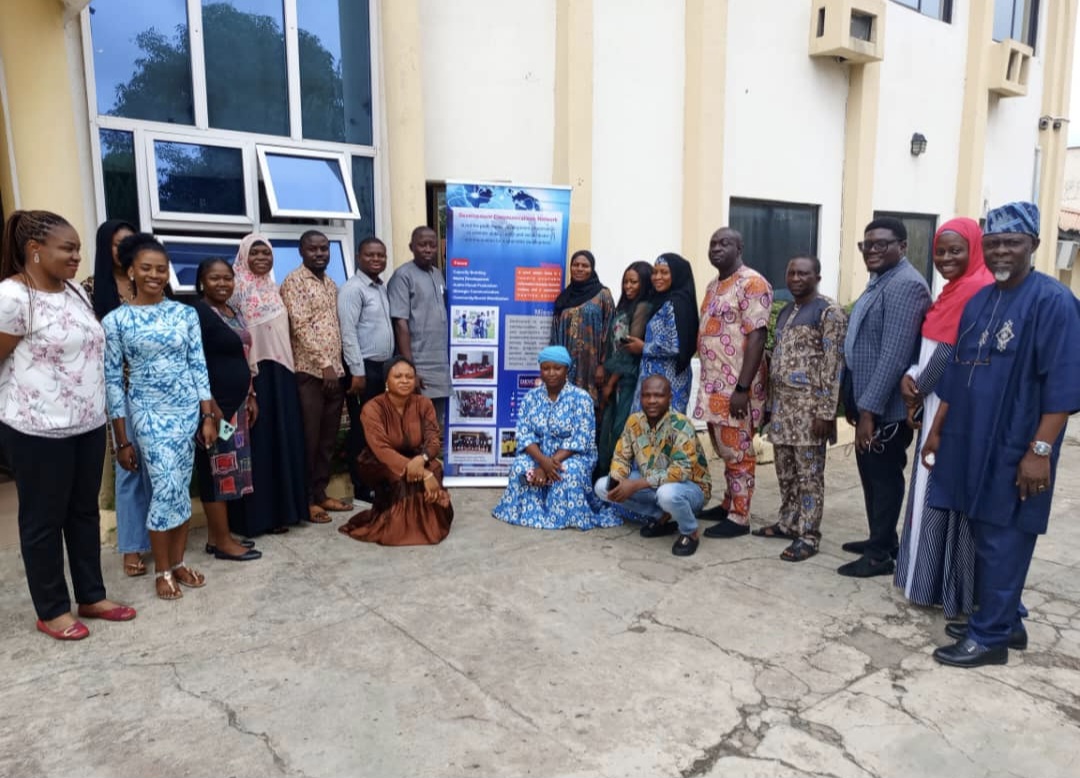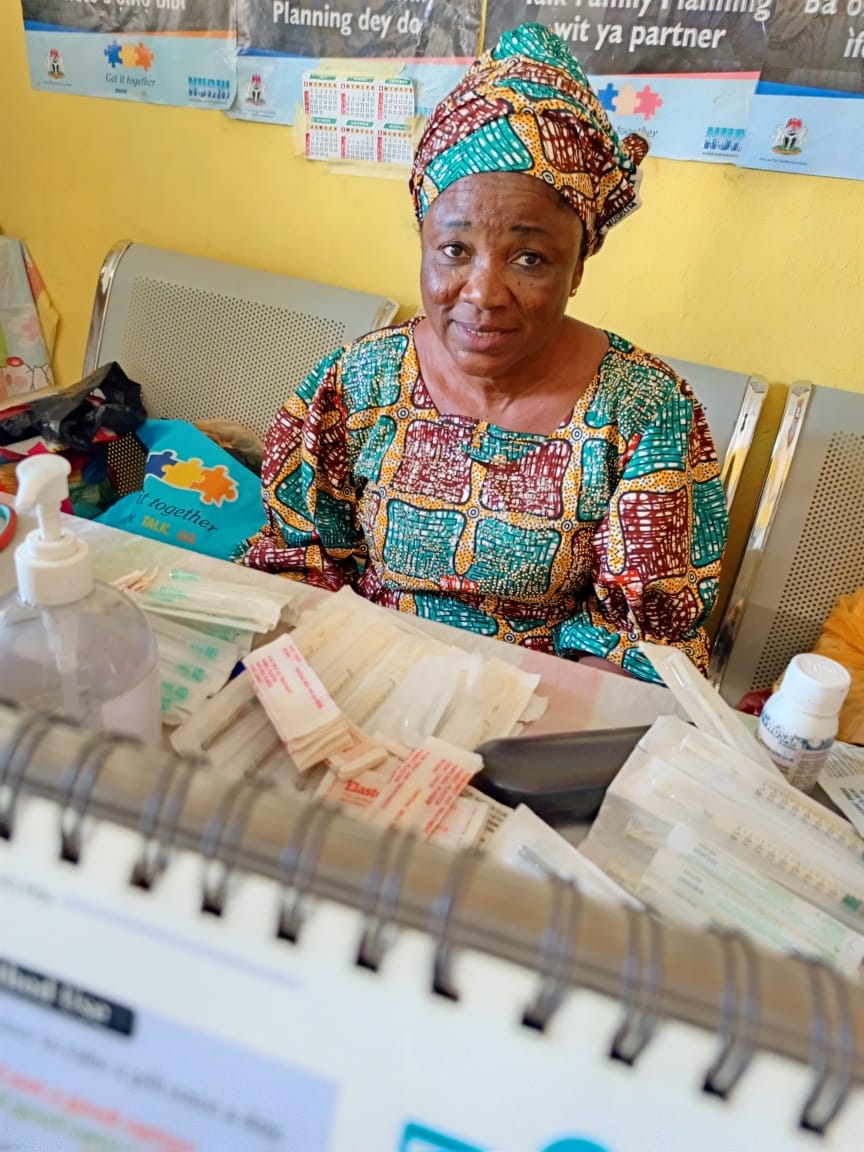By BIOLA AZEEZ, with additional reports by Sukurat Ibirogba, Sekinah Hassan-Yussuf, Isiaka Babatunde (interns)
“Children are gifts from God”, so our people believe in this part of the world. This sentiment echoes in homes, churches, mosques and market places across African countries, especially, Nigeria.
But what happens when those gifts arrive unplanned for, too early, or too often? In many communities, family planning matter is still shrouded in misconception, myths, religious beliefs, or simply left unspoken, even as families grapple with the realities of financial strain, maternal health risks, and limited resources.
While some see family planning as a personal decision, it is a public health necessity to some others. Yet access, awareness, and acceptance remain a question of who gets it. It is a must to explore the challenges and conversations surrounding family planning in Kwara state today, through the voices of parents and parents to be in the state.
According to the World Health Organization (WHO) estimate in 2023, over 257 million women in low and middle-income countries have an unmet need for modern contraception. This means millions are unable to choose if or when to become pregnant and this often leads to unintended pregnancies, unsafe abortions, and increased maternal and infant mortality.
Family planning is more than just access to contraceptives. Yet in Nigeria, cultural norms, misinformation, limited access to services, and stigma continue to hinder its progress.
A growing number of Nigerian women are open to family planning, not out of rejection of motherhood, but out of the need to survive it. “In today’s harsh economy, where food prices are unpredictable and healthcare costs are soaring, the idea of spacing or limiting children is not just wise, it is a necessary option”, according to Mrs. Nohimot Mohammed, a civil servant in the state.
But what happens when the very tools meant to protect women start threatening their health?
Leah Ayanbode remembers her experience all too well. She had listened to health workers who encouraged her to protect herself and plan better for her children’s future. So, she opted for a long-term solution—an implant.
“I thought I was doing the right thing”, she says. “They explained the options to us at the hospital, and I felt confident. But not long after, my stomach began to swell. People started whispering that I was pregnant again”, she recounted.
Leah’s voice carried the weight of regret. What was supposed to be a simple medical intervention began affecting her body and her self-esteem. “It made me uncomfortable. I got weak when I did menial work and it made me feel bad as I kept gaining weight”.
Now, she chooses condoms, calling them the “safest and most straightforward” method that doesn’t tamper with her body.
“Family planning is good”, Leah affirmed, “but it must come with full knowledge to choose what works best for our individual bodies. We are different and I feel perhaps if I had used another method, it wouldn’t have affected me”.
Her story raises an uncomfortable but necessary truth. Yes, family planning is essential, no single method is perfect and for some women, the side effects are just another issue to nurse much as an unplanned pregnancy.
Another woman, who pleaded anonymity with our correspondents, spoke about her joy when she had twins twice. “I love children”, she explained, “and even with the stress of childbirth, my love for them has only grown stronger”.
Yet, in the same breath, she stands firmly in support of family planning.
“It’s not just about how many children you can have”, she emphasized, “it’s about being intentional, responsible, and preparing for their future. If I had the means, I would gladly have more children. But let’s be honest, this economy isn’t smiling”.
Her statement reflects the dilemma many parents face today. They want more. Who wouldn’t love children? Is it the happiness they bring at their birth? Or the unconditional love they receive when they grow? It’s all too much for any woman not to experience.
For her, family planning is not a rejection of children, but a wise tool for survival.
Not all experiences with family planning are encouraging.
Ramot Teslim recounts the shock her sister faced after getting pregnant despite being on a three-month injectable method.
“She didn’t even realise it until she was five months gone”, Ramot said, “It was a big shock to all of us”.
For her, the failure of the method created skepticism, but not complete dismissal. “It’s not 100% reliable, but it’s still better than nothing, especially in this kind of economy”.
She emphasizes the importance of spacing, not to avoid children, but to regain strength before welcoming another life. “It is about giving the first child time to grow, understand life, and even help out when the next baby comes”.
Women are not the only one to discuss when we talk about family planning. It is a woman’s decision as much as a man’s.
One of the men who spoke about family planning was a father of five. The man, Isa Sakariyau, explained that family planning isn’t just a women’s issue, it is a family concern. “I love children, deeply”, he said. “But raising them comes with great responsibility”.
He speaks from the position of a man who has felt the weight of that responsibility. “Education is expensive. School fees, books and food. If we want to give our children the best future possible, we have to plan carefully. It’s not just about bringing them into the world, it’s about preparing them for it”.
But is this man truly speaking from the place of wanting his wife to do one of the family planning methods after having five children?
We discuss Isa Sakariyau’s stance that is rooted in deep cultural and religious belief. “Children are the leaders of tomorrow”, he said. “They are a gift from God. I support it if my wife wants to have more. After all, it’s God who gives children”,
However, Isa draws a line: “Having four or five is fine. But after that, parents should focus on raising them well. It’s not just about numbers”.
His perspective is not unusual, after all, it’s a woman who goes through the pains of motherhood.
Family planning isn’t just about contraception. It’s about giving parents the power to choose. This kind of power is rooted in knowledge, access, and respect for individual bodies.
But with every method comes questions; what are the side effects? Will it work? Who gets to decide?
Each woman and man interviewed in this piece represents a different chapter in the ongoing story of reproductive health in Nigeria. Some walk forward in confidence, others with caution.
But they all agree on one truth: family planning is no longer just a private matter, it is a public conversation about hope for a better tfamilies
Speaking on the development, Head, Family Planing Units, Oko-Erin Primary Health Care Centre, Ilorin, Hajiah Halimah Motunrayo Mogaji, said that injectable contraceptive method has been identified as most effective family planning method, “if utilized as prescribed”.
Speaking with a member of the Kwara state Family Planing Media Advocacy Group at the
The Challenge Initiative (TCI) supported facilities at Oko-Erin Primary Health Care Centre, in the Ilorin West local government area of the state, Mogaji said that most appropriate method of birth control depends on an individual’s overall health, age, frequency of sexual activity, number of sexual partners, and desire to have children in the future.
According to her, there are many different types of contraception, but not all types are appropriate for all situations.
The TCI works with state governments in Nigeria to scale high-impact family planning and reproductive health (FP/RH) interventions rapidly and sustainably.
A female client to the clinic, Mrs. Adam Habibat, said she had embraced injectable method in the last four years and always visit centre for renewal.
Another client, who also shared her experience, a 38-year-old mother of four, who is a fashion designer, Mrs Adedokun Ayodeji, said preferred implant with constant contact with Medical Practitioners, she has no regret so far.
Also speaking, the FP provider at the Primary Health Care Centre, Okelele, Ibagun ward, in the Ilorin East local government area of Kwara state, Mrs. Mariam Balogun, spoke on some of the complaints by FP users in the area, saying that such complaints are on side effects of FP methods.
“Some of the clients complain that their menstruation seizes and they want it to flow, while some others say theirs come too often. So, we enlighten them by telling them that they may and may not express their menstruation.
“Some few other clients complain of bleeding and we tell them that it’s normal, especially, for hormonal FP methods”.
She also said that some women complain of weight loss while some others complain of weight gain, explaining that these symptoms are all due to individual body system.
Mrs. Balogun said some people complain of headache, emphasizing that it is common and normal among clients using hormonal methods of FP.
“Some others don’t complain of any FP symptoms. For instance, some of the women that are using inplant method of FP don’t come to the clinic in five years after taking the inplant method, until when the method is due for retake. They’re called satisfied end users. They always want to have same kind of FP hormonal methods. (Injectable, inplant and hormonal arid).
The FP provider said that injectable and inplant method are common among the end users of FP at the
Primary Health Care Centre, Okelele, Ibagun ward, in the Ilorin East local government area of the state.
Meanwhile, Mrs. Balogun said that misconception of FP is still high among the people in the community.
She, however, said that the development is understandable, considering the level of socioeconomic life of residents of the community.
“We then take it upon ourselves to counsel them that it is not like what they said or the way they said it is”.
End.









